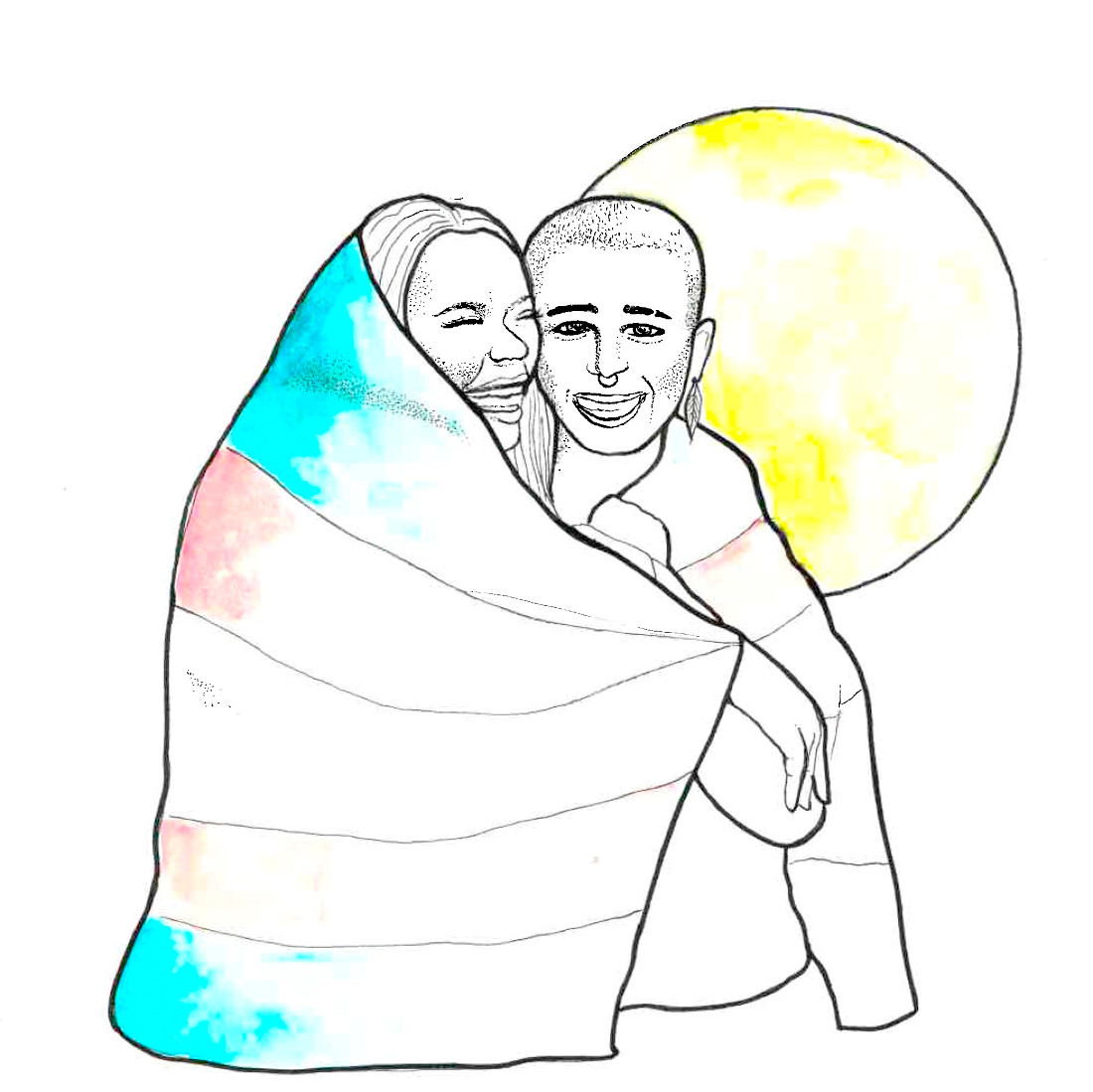Shutting down hate on campus
Why activists must go beyond petitioning university administration
Earlier this month, professor Joanne Boucher gave a talk at the University of Winnipeg (U of W) provocatively titled “The Commodification of the Body: The Case of Transgender Identities.” The description for this talk mirrored many familiar anti-trans talking points while using a critique of the for-profit medical system as plausible deniability.
Seeing the talk for what it was, many U of W staff members, students, faculty and broader trans community members – including myself – sprung to action.
At first, this organizing centred around a petition submitted to the U of W administration to have the talk cancelled, which received more than 1,700 signatures. The U of W administration responded with a statement affirming their support for “those in our 2SLGBTQ+ community” but also stating that they would not intervene, citing commitment to academic freedom.
Though petitions can be a good place to start, they run into problems when requesting event cancellations. When activists demand that an authority cancel an event, reactionaries can respond with the bad-faith argument that the left is trying to take away their freedom of speech.
Free speech is often hypocritically invoked to create space for the spread of bigoted opinions. This is a shame, since across Canada and the United States, freedom of speech is under attack for many marginalized groups. For instance, in March 2019, Seven Oaks School Division in Winnipeg cancelled a talk by a Palestinian-American feminist after hearing complaints from Zionists.
In addition, petitions can transfer momentum out of activists’ hands and leave decision-making power with the authorities being petitioned. Activists cannot count on institutional good will toward 2SLGBTQ+ people. We need to realistically assess who our allies are and build our own counterpower.
As an institution that relies on both public and private funds, the U of W administration is fundamentally concerned with its reputation, which impacts its ability to receive donations.
Right now, the U of W is presented as a welcoming place for 2SLGBTQ+ people. But with anti-trans movements gaining momentum across the globe, activists need to prepare for the possibility of anti-trans sentiment becoming a stronger force in Canada, even at liberal institutions such as the U of W.
If defending the humanity of 2SLGBTQ+ becomes an obstacle to expanding donations and enrollment, 2SLGBTQ+ advocates need to prepare for the possibility that the university’s messaging could change.
2SLGBTQ+ activism is the strongest when it comes from the community, by organizing with the university’s staff, faculty, student body and broader affected communities. Real leverage exists within these groups, not in the administration. Without workers and students, there is no university.
Direct action can include protesting bigoted talks, taking over discussion periods and doing community educational events to counter misinformation. The Trans Cupcake Love Hour organized by trans-affirming U of W faculty was a great example of this kind of work.
The community response to Boucher’s talk brought together many people committed to transgender liberation. While the U of W administration has stated its support for 2SLGBTQ+ people in its response to the petition, that support is only made reality by the day-to-day efforts of the students, faculty and staff at the university. Our strength is based on our collective commitment as students and workers to making the U of W what it is.
Misha Pensato is a trans woman, a U of W alum and a member of Solidarity Winnipeg.
Published in Volume 77, Number 22 of The Uniter (March 16, 2023)







